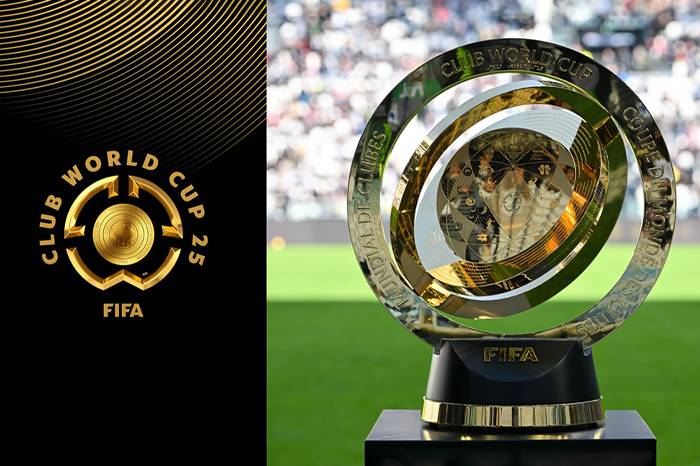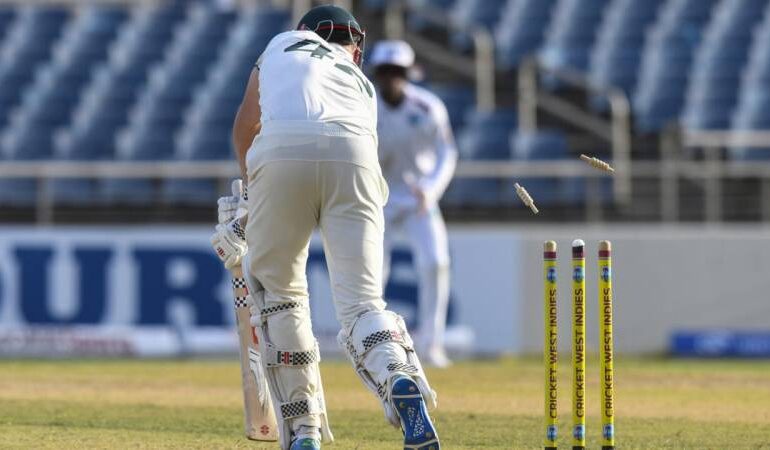
FIFA’s Expanded Club World Cup Proves Flawed but Unshakable
UNITED STATES – As the inaugural edition of FIFA’s expanded Club World Cup wraps up this weekend, the football world appears to be accepting a new, albeit imperfect, global tournament that is clearly here to stay.
Despite a rocky reception and widespread skepticism — especially from European clubs and managers — FIFA President Gianni Infantino has hailed the month-long competition in the U.S. as a “huge success.”
Initially planned for a 2021 launch but delayed due to the COVID-19 pandemic, the tournament was dismissed by critics as unnecessary and disruptive to an already congested football calendar. Former Liverpool manager Jürgen Klopp even called it the “worst idea ever implemented in football.”
But the reality on the ground painted a more complex picture. Over 2.5 million fans attended matches across the country, with vibrant atmospheres, particularly fueled by South American supporters. The average attendance hovered around 39,000 per match — not far off from the English Premier League’s average.
“The decisive factor is if the fans like it or not, and attendances were much higher than expected,” said Arsène Wenger, FIFA’s Chief of Global Football Development.
Wenger pushed back against Klopp’s criticism, arguing that a true global club competition is not just viable but necessary for the growth of the game.
Challenges: Climate and Calendar
However, not all feedback was glowing. Multiple matches were disrupted by heat and weather delays, highlighting the challenges of holding a global event in the North American summer. Players, including Chelsea’s Enzo Fernández, expressed concern over extreme conditions that slowed gameplay and posed health risks.
“Playing in these temperatures is very dangerous… the pace of play is not the same,” Fernández commented.
These climate concerns are likely to haunt FIFA’s 2026 World Cup planning as well.
Europe Still Dominates, But Global Voices Rise
Unsurprisingly, European teams dominated, with Paris Saint-Germain and Chelsea reaching the final. Yet the competition wasn’t a total monopoly — Fluminense of Brazil knocked out Inter Milan and reached the semi-finals, while Palmeiras and Al-Hilal also impressed.
Although Europe claimed the bulk of the $1 billion prize pool, funds distributed to teams worldwide may help develop stronger rosters and retain key players, especially in South America, Asia, and Africa.
Infantino acknowledged the absence of top-tier names like Liverpool, Barcelona, and AC Milan, but emphasized that qualification is required. Even underdog sides like Auckland City, who suffered a 10-0 loss to Bayern Munich, represent vital parts of the football ecosystem, he argued.
“There must be a place for everyone,” Infantino said. “Auckland represents 99.9% of players who dream of playing on this stage.”
Is Further Expansion Coming?
While Infantino has downplayed immediate expansion, the next edition is set for 2029, and it’s clear that the Club World Cup is now part of the global football landscape.
Despite complaints about fixture congestion, top clubs treated the tournament seriously. Manchester City’s Bernardo Silva summed it up:
“The schedule is crazy… but we take competitions seriously, and we had ambition to win this Club World Cup.”
With both excitement and criticism surrounding it, the Club World Cup may not be perfect, but its place in international football seems all but secured.






